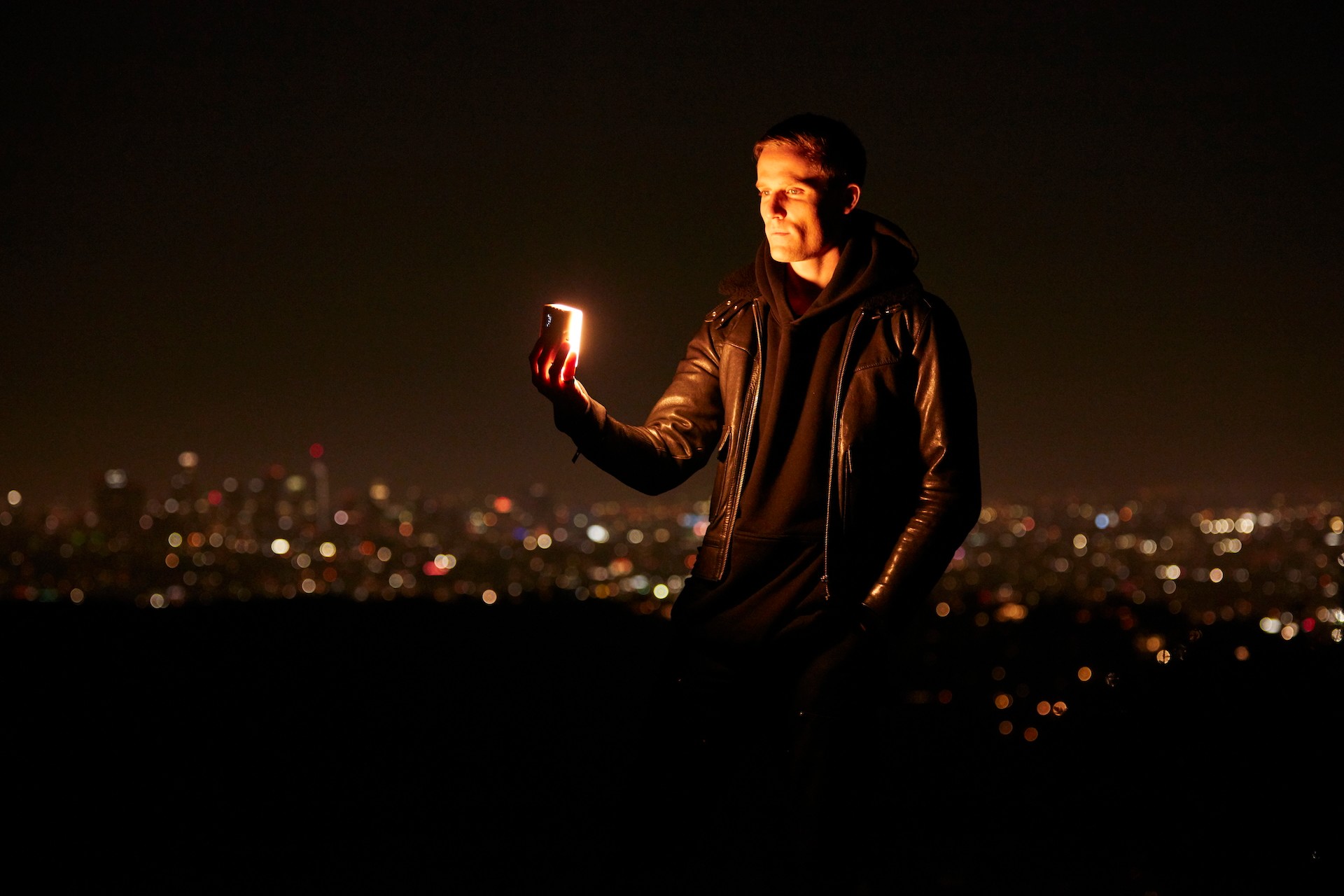

We recently had the chance to connect with Liam O’Brien and have shared our conversation below.
Liam, a huge thanks to you for investing the time to share your wisdom with those who are seeking it. We think it’s so important for us to share stories with our neighbors, friends and community because knowledge multiples when we share with each other. Let’s jump in: What is something outside of work that is bringing you joy lately?
One thing that always brings me immense joy (and has done since I learnt to do it as a 4 year old) is surfing. When I am busy and snowed under with work, I never regret hijacking a couple of hours to go for a paddle with a mate and hopefully get some waves. The perspective you get from just being out in the water, where all your worries melt away and seem insignificant, is one thing. Add to that the actual feeling of riding a wave – collaborating with a natural offering of pure energy that has traveled thousands of miles to reach you.. it lifts you up and propels you across the water and the joy you get from that (commonly referred to as “stoke”) is truly unparalleled.
Can you briefly introduce yourself and share what makes you or your brand unique?
My name is Liam Fox O’Brien, an independent film composer and sound designer dedicated to crafting evocative audio experiences for visual media. Currently, I am composing the score for Paradise Cove, a feature-length “found footage” horror film set in South Florida. My recent work includes serving as sound designer and post-production mixer for my first feature film, Tender, which allowed me to explore the intricate relationship between sound and storytelling.
Film scoring and sound design are not only my professional focus but also my parallel passions. My creative process weaves these two worlds together, with sound design techniques shaping my musical compositions and music production influencing the textures and atmospheres I create through sound. This ongoing fusion is embodied in my seven original sample libraries for Splice, where elements of melody and environment coexist seamlessly.
Many of my compositions originate from manipulated field recordings, collected during immersive expeditions into the natural world. I strive to sculpt sonic landscapes that blur the boundaries between the familiar and the unknown, transforming real-world sounds into haunting melodies and ambiences. By forging music from organic sources rather than conventional instruments, I invite listeners to experience worlds both intimate and alien.
Appreciate your sharing that. Let’s talk about your life, growing up and some of topics and learnings around that. Who saw you clearly before you could see yourself?
I believe my mother had a keen understanding of the person I was becoming. As the youngest in the family, once my older sisters left home, it was just my mother and me, and we spent a great deal of time together. She never imposed a path on me but offered unwavering support for whatever sparked my interest—whether it was music, fashion, cinema, literature, or surfing.
She often advised me to “never stop asking questions” and encouraged me to explore the world with an open mind, capturing my observations in writing. In an era before the internet was readily accessible, she was my primary source of knowledge. Rather than growing weary of my boundless curiosity, she embraced it, always striving to provide answers or guide me toward them. I believe this nurturing of relentless inquiry became a fundamental driving force behind my creativity..
If you could say one kind thing to your younger self, what would it be?
If I could offer my younger self advice, it would be to relax and embrace the present. In my youth, I often rushed from one experience to the next, rarely pausing to fully appreciate the moment. While I cherish many wonderful memories and achievements, I allowed anxiety to overshadow my ability to be present. Today, I am more grounded and at ease with my place in the world.
I think our readers would appreciate hearing more about your values and what you think matters in life and career, etc. So our next question is along those lines. What’s a belief you used to hold tightly but now think was naive or wrong?
When I first transitioned from playing guitar in a band to composing music for visual media, I was concerned that my lack of classical training would be a disadvantage. I explored music theory and took a few piano lessons, but, much like my early experience learning guitar, I found that formal lessons were not the best fit for my learning style. My first and only guitar teacher encouraged me to “listen carefully to the records you love and learn how to analyze music,” advice that led me to develop a distinctive guitar style that became a hallmark of my band’s sound.
This same philosophy guides my approach to film scoring. I do not feel bound by traditional rules regarding instrument roles or octave assignments. I believe that not knowing the “correct” way to do things is, in fact, an advantage. Some of the most intriguing and expressive cello sounds I have encountered are unconventional and not confined to melody or key. I am fascinated by the full range of possibilities each instrument offers, whether within the structure of a Western scale or through experimental techniques that defy standard conventions. I enjoy experimentation and discovery in my creative process.
It was reassuring to learn that many of my favorite composers—Cliff Martinez, Jóhann Jóhannsson, Brian Eno, and Hans Zimmer—also came to film music without classical training.
Okay, so before we go, let’s tackle one more area. What do you understand deeply that most people don’t?
Something I often try to convey to my wife is the idea that stress, to some extent, is a choice. I make a conscious effort not to worry, no matter what challenges arise in my life. My Dad used to tell me that stress is the leading cause of cancer. While I’m not sure that’s scientifically accurate, I’ve always taken it as a meaningful reminder of how destructive stress can be.
I see many people I love carrying heavy burdens of anxiety, and I wish I could help them see that it doesn’t have to be that way. Worrying doesn’t change outcomes—it only affects well-being. I want the people close to me to feel happy and unburdened, free from the effects of constant stress. Still, I recognize that everyone responds to life differently; some seem to draw energy from that tension. But at times, it feels like Dad and I are among the few who remain calm in the face of adversity.
Contact Info:
- Website: https://liamfoxobrien.com
- Instagram: @liamfoxobrien

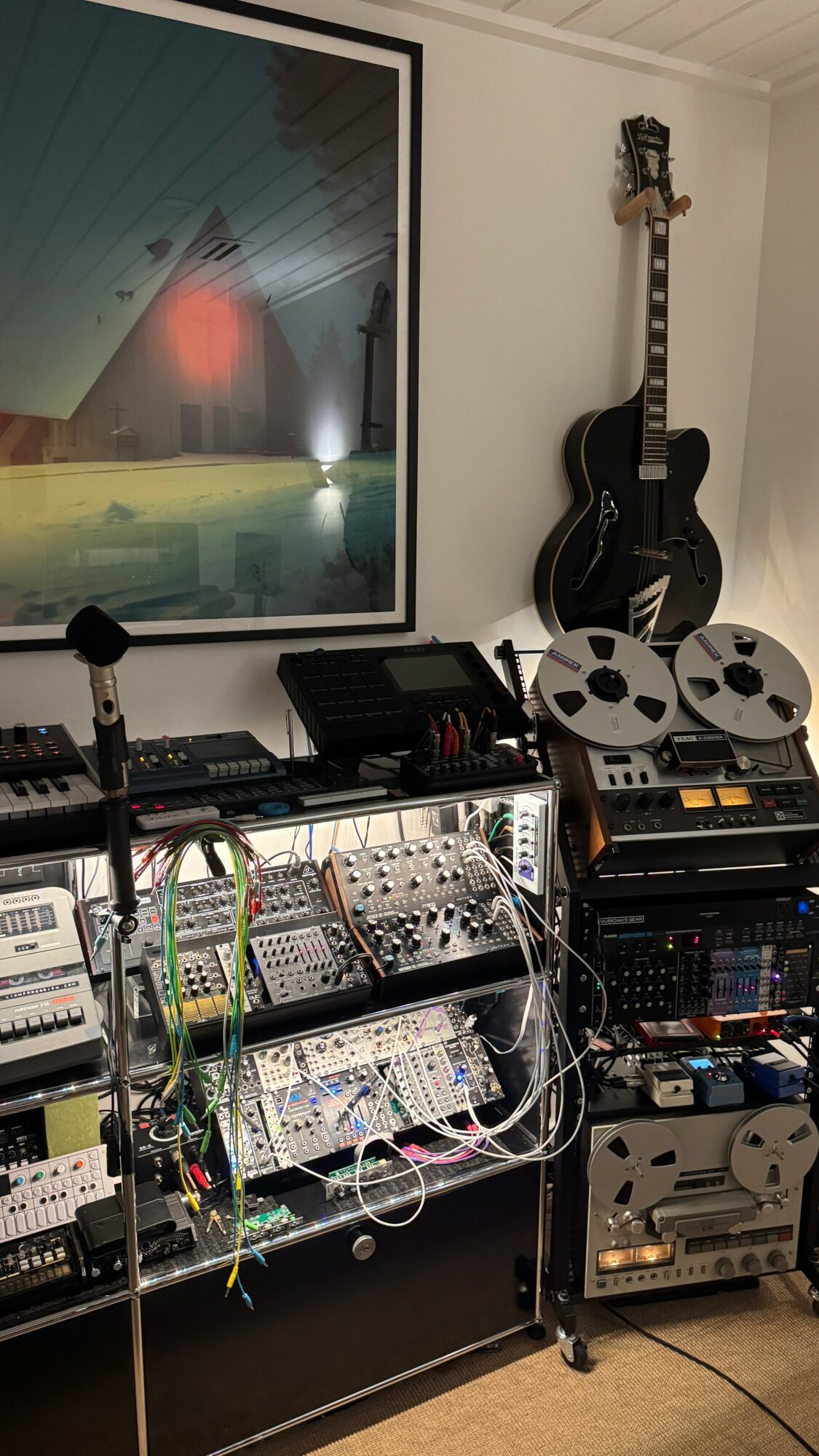
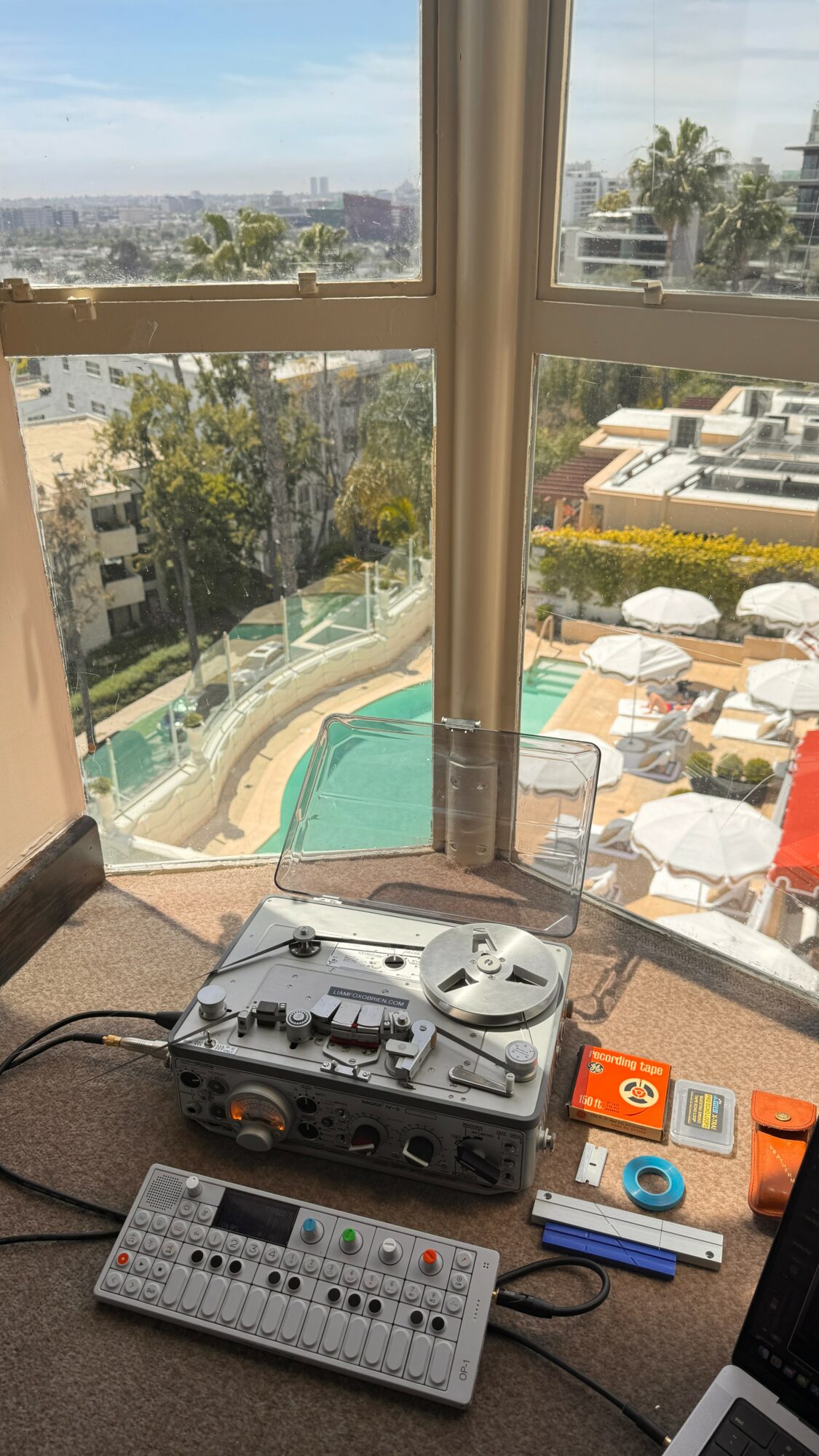
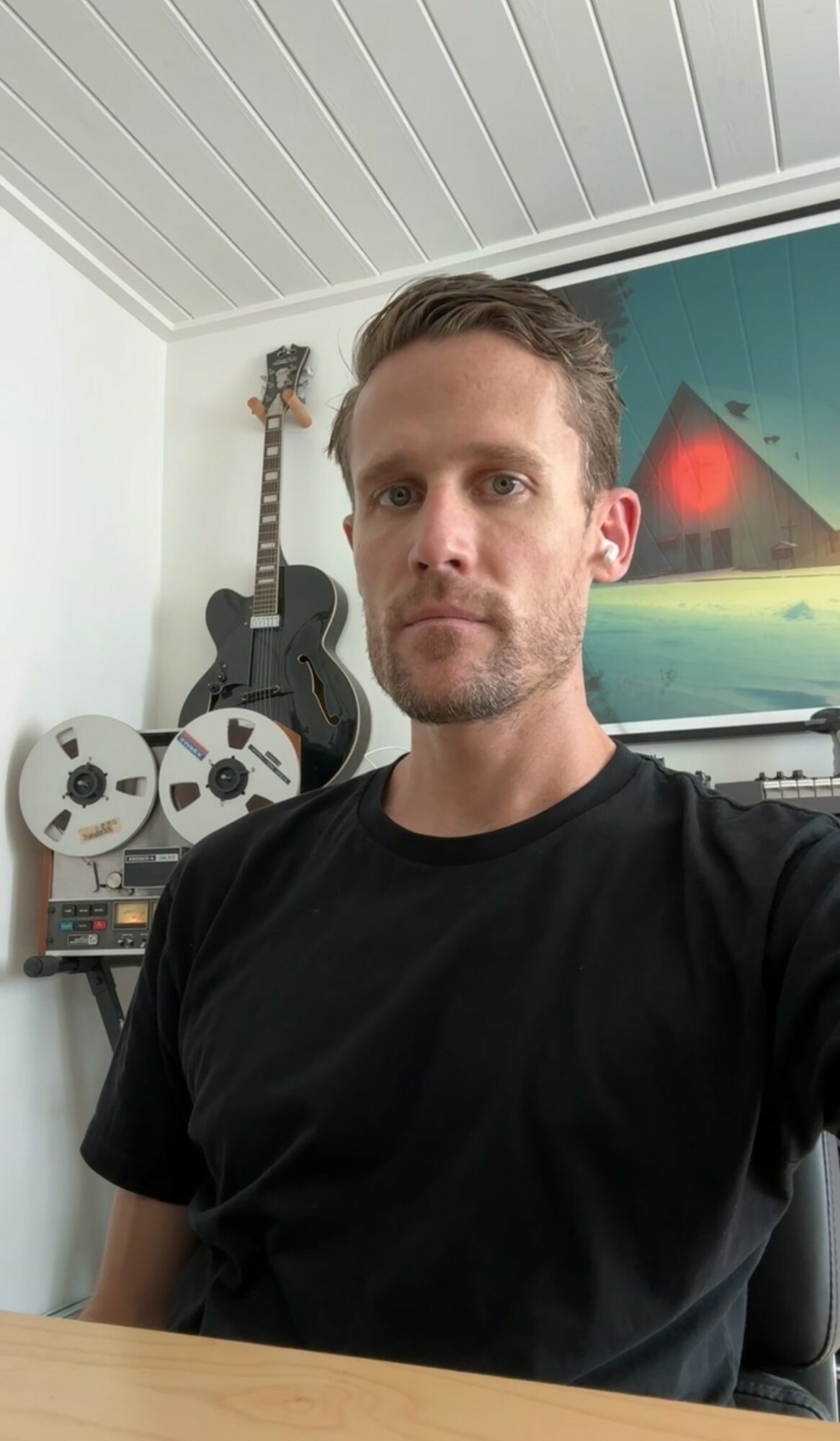
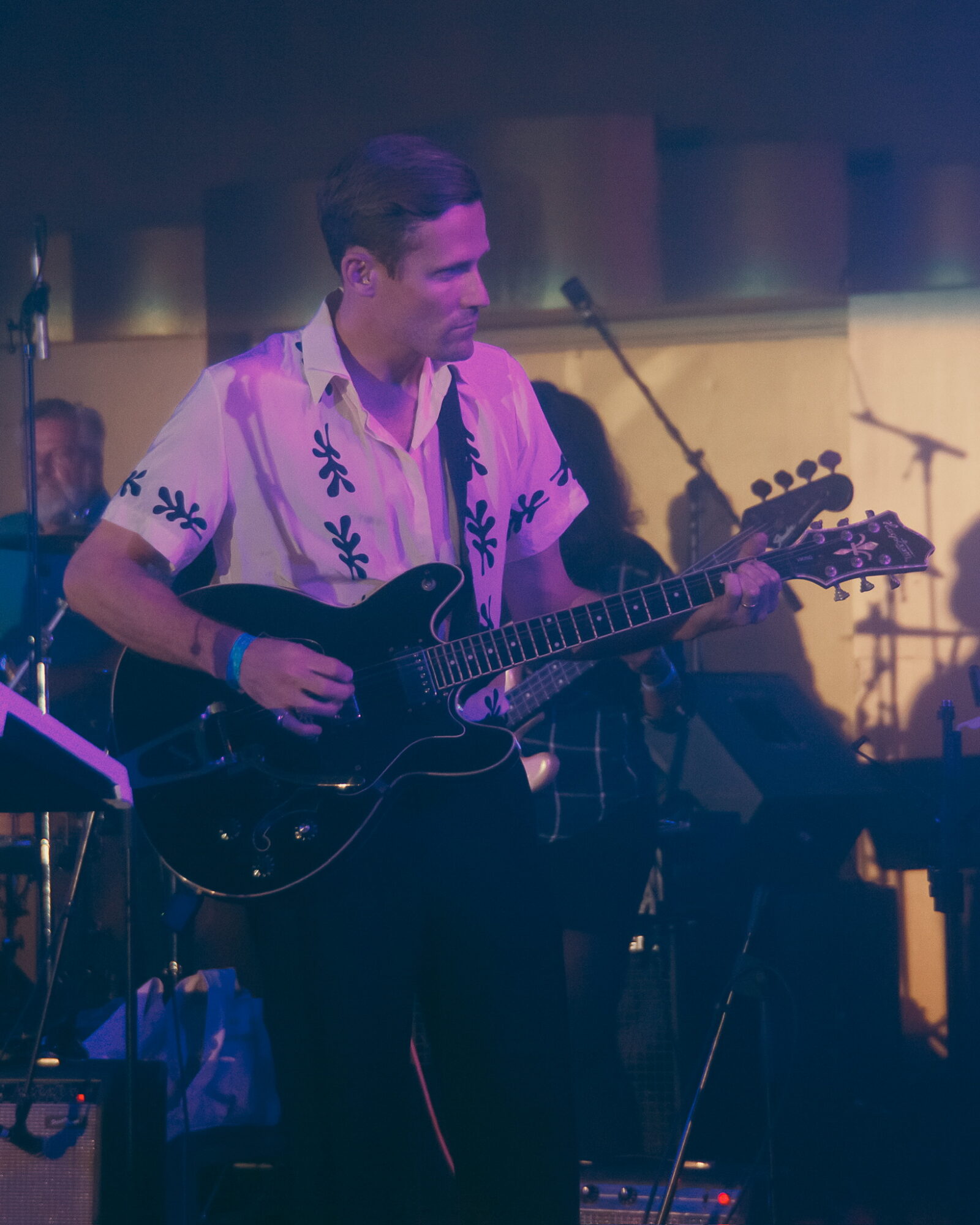
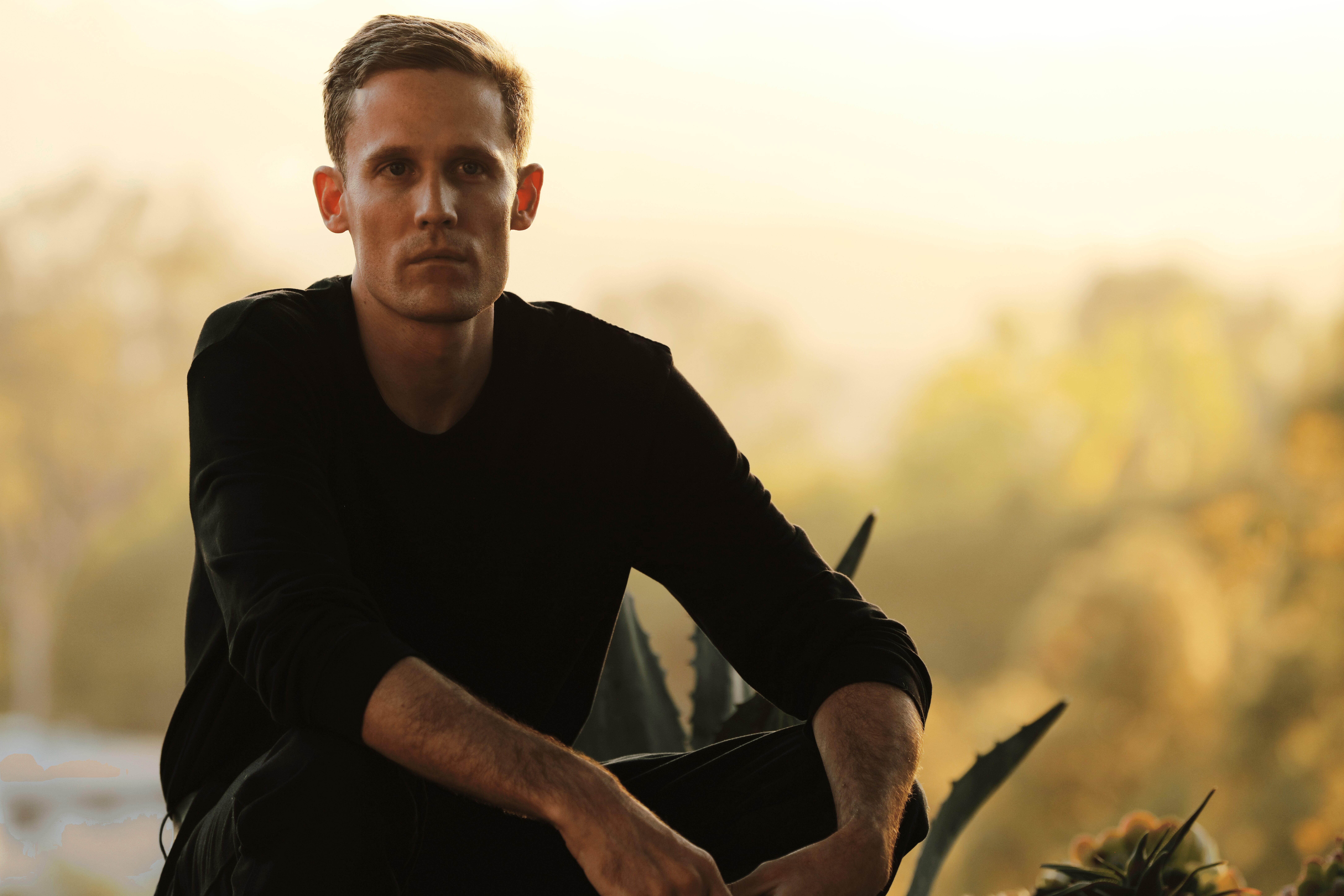
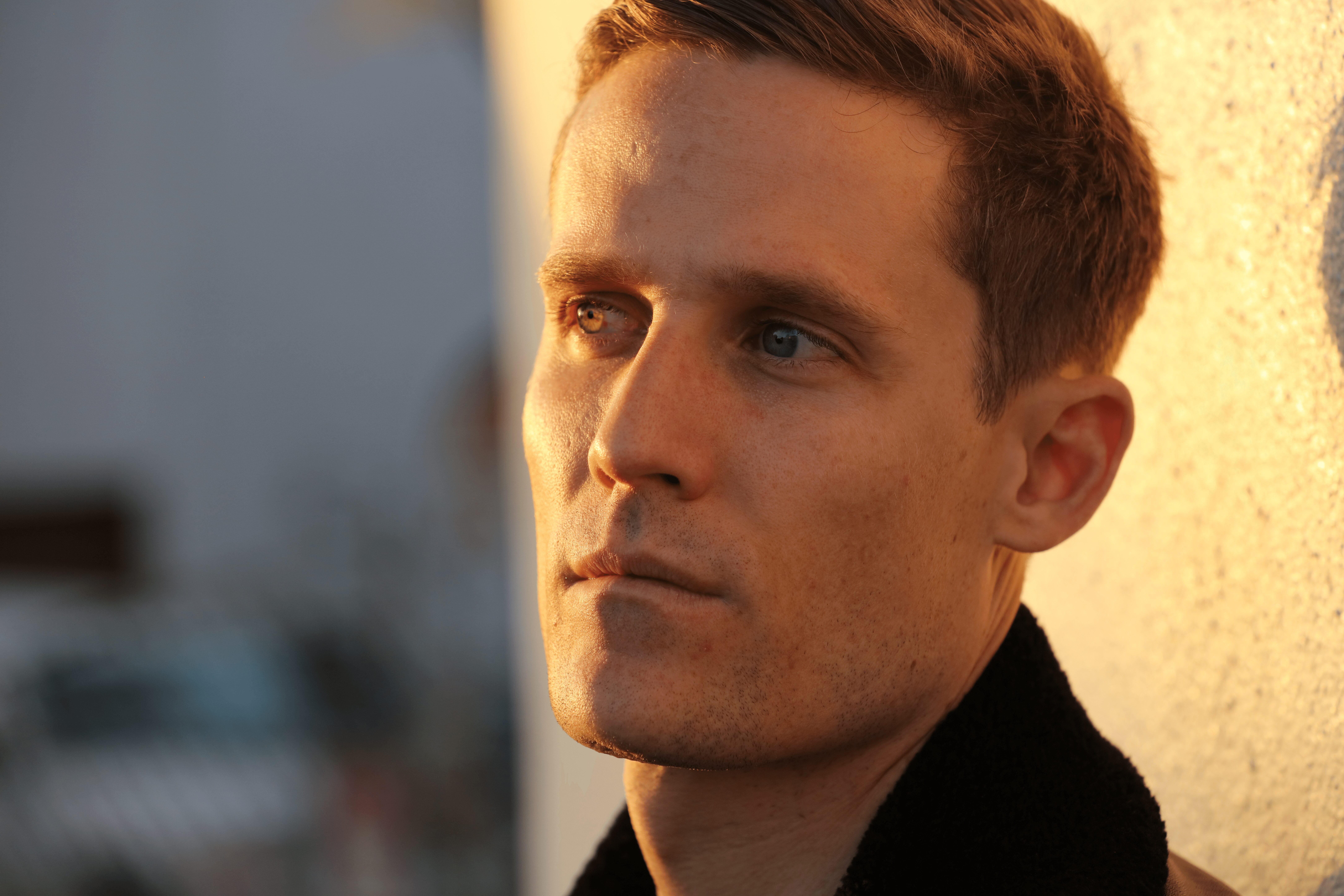
Image Credits
William Davidson














